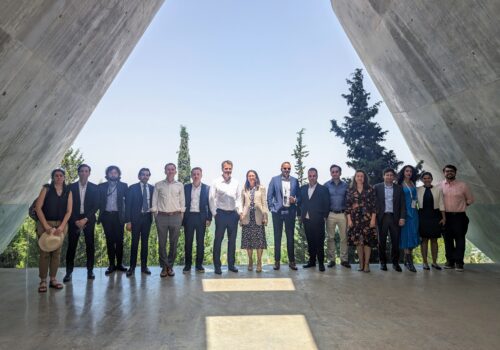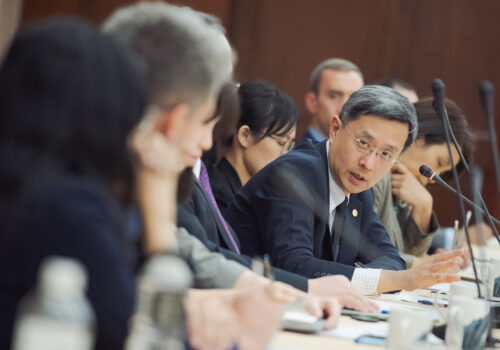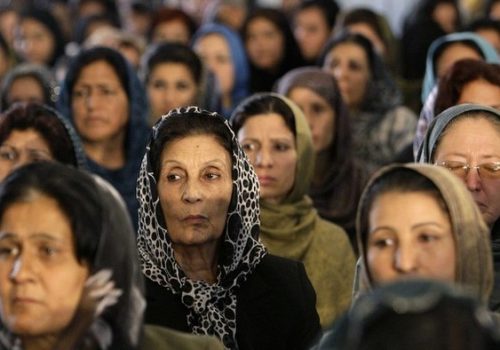About the Millennium Leadership Program
Since its inception, the Atlantic Council’s Millennium Leadership Program (MLP) has focused on building a vibrant community of leaders who transform bold ideas into action. Through its programming, the MLP equips global professionals across diverse industries with the tools to elevate their leadership and expand their impact. Participants gain access to a global network of exceptional peers, engage with world leaders through global study tours, participate in dynamic leadership development experiences, and lead the debate on key issues.
The Millennium Leadership Program is built on three core pillars: leadership, community, and impact. These pillars are woven into every aspect of programming, enabling participants to grow both personally and professionally while contributing to a larger global community. Together, they equip leaders to address today’s challenges and shape a more equitable, prosperous future. Through the MLP, leaders gain tools to enhance their leadership skills, amplify their ability to drive meaningful change, and build strong, supportive networks. The MLP boasts a robust and active alumni network, ensuring participants stay connected and engaged after completing the program.
“The Millennium Fellowship connects the internal to the interpersonal, and ultimately to the international. What binds us together as fellows is a commitment to lead from a place of hope.”
—Karim Farishta, Director of Intergovernmental Affairs, Office of the Secretary of Defense
(Millennium Fellowship 2023)











Follow us on social media